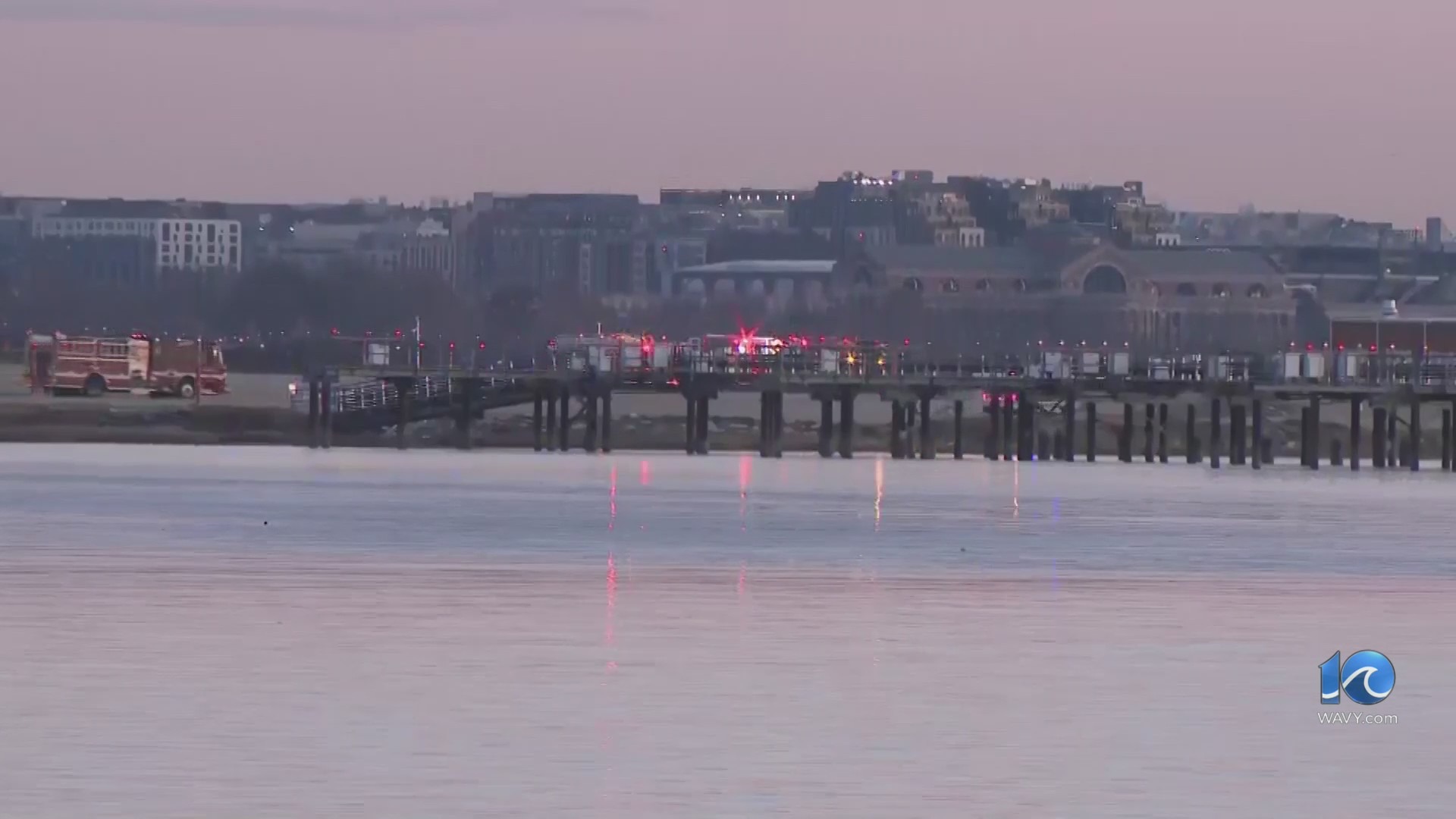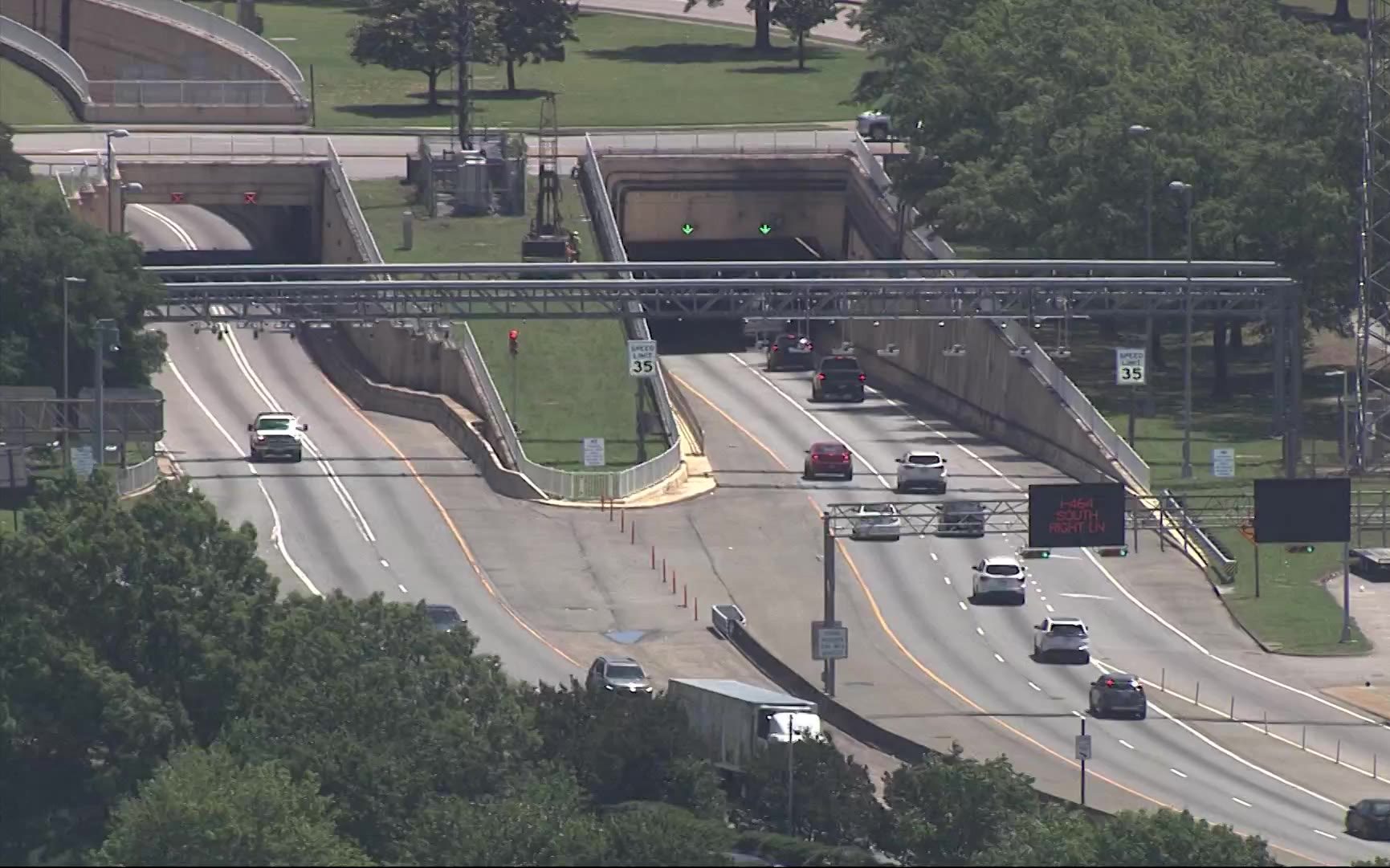NEWPORT NEWS, Va. (WAVY) — Have you ever avoided medical testing because of the cost? If so, you are not alone.
Now, a new bill just passed by the Virginia General Assembly will eliminate financial barriers for thousands who need follow up testing for breast cancer.
When a doctor spots an area of concern on a mammogram, patients are sent for follow-up testing. While the initial appointment is usually covered by insurance, you could have to pay out of pocket for the follow-up appointment. It’s a cost many can’t always afford.
“There’s nothing worse for somebody coming into the doctor’s office and walking out because of a copay,” said Del. Shelly Simonds (D-70th Dist.). “We don’t want barriers to cancer treatment and cancer care.”
Simonds’ district covers much of Newport News. She sponsored the breast cancer diagnostic screening bill, and played a key role in its passing.
“It was HB 1828, a breast cancer diagnostic screening bill to ban or prohibit out-of-pocket co-pays,” Simonds said, “so when you go to the doctor’s office you don’t have to pay $200, $500, a $1,000 surprise bill for that secondary screen.”
Simonds says they did get some pushback on the bill, but the fight to get is passed was worth it.
“This bill was really three years in the making,” she said. “We had a lot of resistance from the insurance industry, but we also had some really great partners like Susan G. Komen — the Breast Cancer Foundation. We also had lots of radiologists and doctors saying, ‘Yes, we really need this.’ We have to get rid of barriers to care so that people don’t come into the doctor’s office, find out about a copay, and then walk out and leave.”
Susan G. Komen released the following statement about the bill’s passing:
Susan G. Komen®, the world’s leading breast cancer organization commends Representative Shelly Simonds (D-Newport News) and Senator Tara Durant (R-Fredericksburg) for working with Komen to ensure that everyone has equitable access to diagnostic and supplemental breast imaging, by eliminating the financial barriers patients face in accessing needed breast cancer screening.
In Virginia, more than 8,180 people were diagnosed with breast cancer and 1,160 died of the disease in 2024 alone. The exorbitant out-of-pocket costs associated with these critical breast imaging procedures, ranging from hundreds-to-thousands of dollars, often force individuals to make significant financial sacrifices or forego tests that can confirm or rule out cancer.
“Nobody should be forced to skip medical care that helps to detect breast cancer early because of the cost, yet thousands of Virginians are forced to make that decision every year,” said Molly Guthrie, Vice President of Policy and Advocacy at Susan G. Komen. “This bill will remove the financial barrier to diagnostic and supplemental imaging so that individuals can get the care they need without having to endure undue financial burden. This is a pivotal step toward equitable access to care, potentially saving lives by enabling earlier detection of the disease and treatment.”
HB 1828/SB 1238 introduced by Rep. Simonds and Sen. Durant, eliminates the patient out-of-pocket costs for medically necessary diagnostic and supplemental breast imaging such as breast MRIs and ultrasounds. Unfortunately, when a mammogram reveals an abnormality or an individual is at a higher risk of breast cancer, diagnostic and supplemental imaging is required to determine if the patient needs a biopsy. The high out-of-pocket costs for this imaging deters many individuals in Virginia from receiving their recommended care, and as a result, breast cancer can be diagnosed at a later stage, when it is much deadlier and much more costly to treat.
“No one should be putting off care because of out-of-pocket costs — especially since we know breast cancer is much deadlier and more costly to treat if it goes undetected and spreads,” said Del. Simonds. “We all know that the earlier cancer is detected, the better the prognosis – not to mention the huge cost-savings of an early diagnosis versus a late-stage one. Too often, we see women delay getting a follow up exam, and by the time they are able to afford to pay for care, their prognosis is worse. It’s heartbreaking when women sacrifice their own health to afford putting food on the table and paying bills. This legislation will remove those barriers to care and will save lives.”
A Komen-commissioned study found out-of-pockets costs for patients to range from $234 for a diagnostic mammogram to more than $1,000 for a breast MRI. Additionally, a recent study published in Radiology found that 1 in 5 patients said they would not go in for recommended follow-up imaging if they had to pay a deductible. This diagnostic or supplemental imaging is often crucial for individuals previously diagnosed with breast cancer or those considered high-risk. The high out-of-pocket cost creates inequities in essential care and imposes additional financial barriers for these patients.
“This legislation is deeply personal to me, as I have experienced firsthand the barriers that can stand in the way of accessing timely breast health care. By eliminating cost-sharing for diagnostic and supplemental breast examinations, we are removing a significant hurdle that too many women face,” said Sen. Durant. “Early detection saves lives, and this bill ensures that financial concerns won’t delay critical screenings and diagnostics. I am proud to champion this measure and work alongside the breast cancer awareness community to improve outcomes and save lives across Virginia.”
Dr. Jason Wilson, a breast cancer surgeon for Sentara Health, said the passing of this bill will be a great help for patients. He said the second screening is very important.
“I always try to tell people when we have these screening mammograms, a lot of times they will find things,” Wilson said. “The good news is that most of them are benign, but what we don’t want to miss is someone that might have an early cancer, and so if we can find someone with an early cancer, and that really is the point of screening, … we can treat them early and, one, they may require less treatment, and two, they’re going to have better outcomes from finding it early.”
Wilson said he hopes Congress follows Virginia’s lead.
“This applies to plans that are specifically regulated in Virginia,” Wilson said. “So, national plans may not fall under this. That being said, I was actually in Washington, D.C. last week. There is a Senate bill that has been introduced that’s very similar to this that would apply nationwide, and so when I was in D.C. last week, I was talking to some of the Virginia congresspeople [and] some in the Virginia senators’ offices about supporting this bill on a national level.”
For many like Simonds, this fight is personal.
“My mother had a diagnosis of breast cancer,” Simonds said, “but she got treatment, and she is now cancer-free. So this one’s for mom.”






